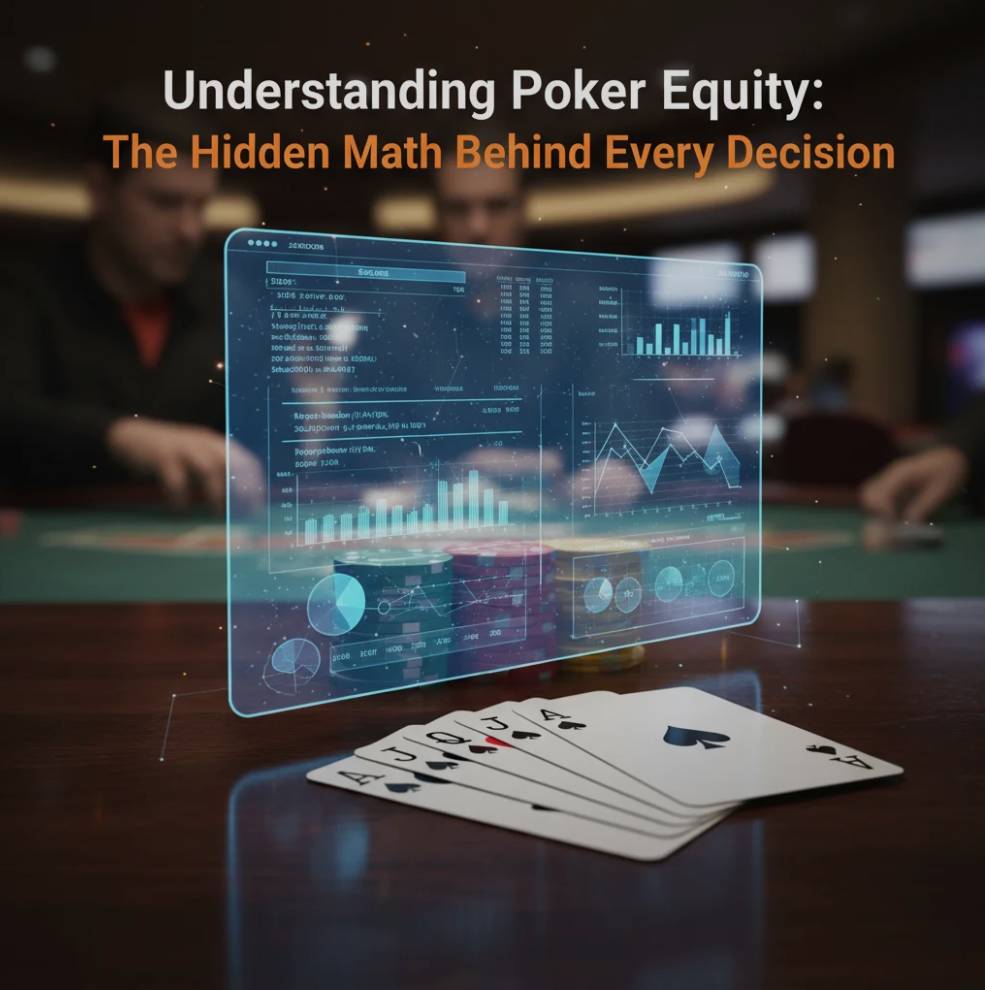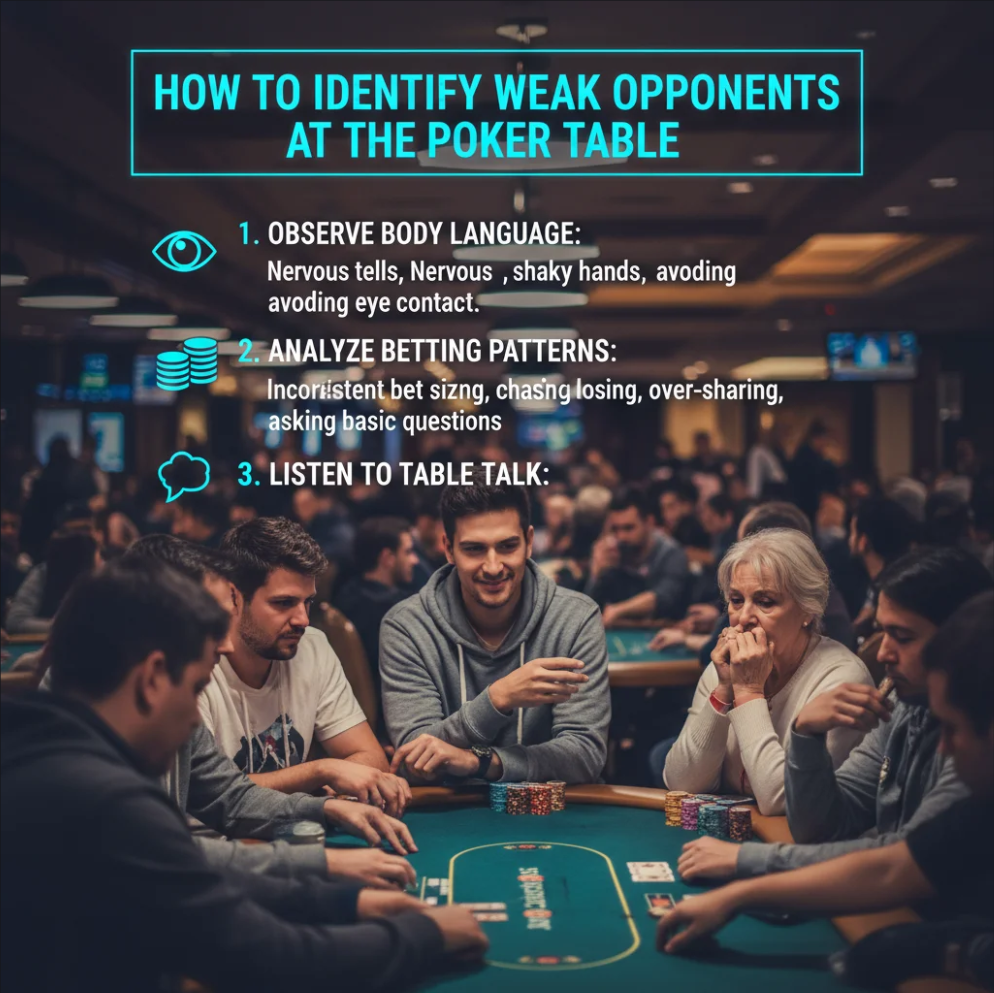Understanding Poker Equity: The Hidden Math Behind Every Decision
Poker is often described as a game of skill, psychology, and chance. But at its core lies a mathematical foundation known as poker equity. Understanding poker equity allows players to make informed decisions, manage risk, and maximize long-term profitability.
📊 1. What Is Poker Equity?
Poker equity represents your share of the pot based on your hand’s chance of winning at any given moment.
- Expressed as a percentage
- Calculated based on remaining cards and opponents’ potential hands
- Helps evaluate whether a call, raise, or fold is mathematically profitable
Simply put, equity answers the question: “If this hand were played a thousand times, how much of the pot would I expect to win?”
🧮 2. Calculating Poker Equity
Equity is determined by:
- Your hand strength – Pair, suited connectors, high cards, etc.
- Number of opponents – More players usually reduce individual equity
- Community cards – Board texture changes probabilities with each flop, turn, and river
Example: Holding A♠K♠ against an opponent with Q♠Q♦, your equity might be ~46% pre-flop. This means in the long run, you’d win 46% of the pot if the hand were repeated multiple times.
💡 3. Using Equity in Decision-Making
Poker equity informs strategic choices:
- Calling: Compare pot odds to your equity to determine profitability
- Raising: Leverage high equity to apply pressure or maximize value
- Folding: When equity is insufficient relative to pot size or risk
Equity guides players beyond intuition, helping reduce emotional or impulsive mistakes.
🔀 4. Equity vs. Implied Odds
Equity should be considered alongside implied odds, which account for potential future bets:
- Even if equity is slightly below pot odds, implied future wins can justify calling
- Strong hands with potential to improve on later streets may have higher implied value
Understanding both gives a complete picture for optimal decision-making.
🧠 5. Practicing Equity Awareness
To integrate equity into your game:
- Use equity calculators or poker software for study
- Practice estimating ranges instead of exact hands
- Observe live hands and track expected value vs. outcome
Over time, players internalize equity concepts, improving instinctual and strategic decisions.
✅ Conclusion
Poker equity is the hidden math behind every decision at the table. By understanding how your hand compares against opponents and the board, you can make informed, profitable choices.
Mastering poker equity isn’t just about numbers—it’s about strategic clarity, long-term thinking, and turning probabilities into consistent wins. Whether you’re a casual player or aspiring pro, grasping equity is a cornerstone of modern poker strategy.

